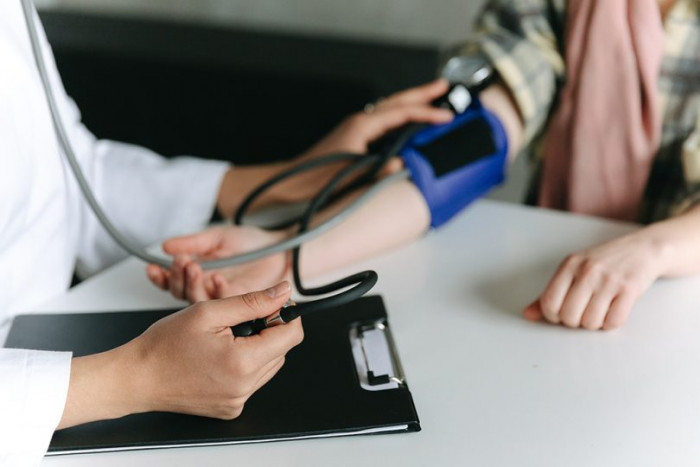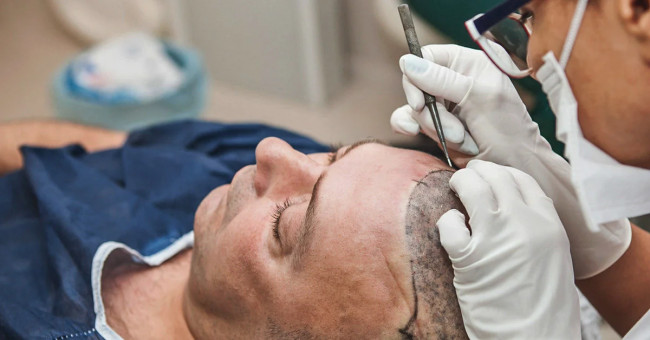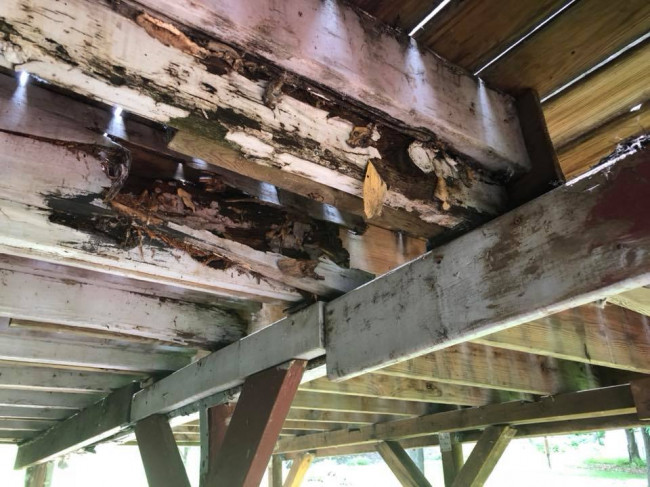Heart disease often grows in silence. Plaque can narrow a coronary artery by 70 % before chest pain appears, and electrical changes that lead to dangerous rhythm problems rarely announce themselves trusted health ahead of time. In one large cohort of symptom-free, middle-aged adults, people whose CT scans showed hidden obstructive plaque were eight times more likely to suffer a heart attack than those with clear arteries. Medical Xpress
How Early Screening Saves Lives
Modern tools can uncover trouble long before damage is permanent. Researchers at the University of Dundee recently showed that a brief MRI measuring left-ventricle muscle mass flagged high-risk patients up to ten years before a first event, even when routine tests looked normal. The Times
Early discovery opens the door to:
simple blood-pressure or cholesterol medicines that cut heart-attack risk in half
lifestyle tweaks (salt control, daily steps, sleep) that lower stroke risk by a third
careful follow-up that spots valve or rhythm changes before they cause heart failure
Getting your heart checked before symptoms show up can literally add years to your life. Modern scans and lab panels uncover hidden trouble well before chest pain, shortness of breath, or tiredness appear. A quick CT calcium scan, for instance, can spot fatty buildup in an artery while it is still soft enough to shrink with simple pills and small changes in diet.
A fifteen-minute ultrasound measures how hard your heart is pumping and catches weak valve sounds a stethoscope might miss. Even a basic blood test that finds high LDL cholesterol or rising blood sugar is an early warning that lets you act while any damage is still reversible. Researchers found that people whose silent plaque was seen on imaging started statins sooner and cut their heart-attack rate by half over the next decade. Screening also guides follow-up: doctors can arrange yearly checks, adjust medicine doses, and coach you on salt, sleep, and daily steps.
The cost is modest often no more than a routine clinic visit yet the payoff is huge: fewer emergency trips, lower surgery bills, and, most important, a stronger heartbeat that supports work, family, and the joys you love.
Recommended Heart-Health Checks

The American Heart Association lists five core screens. Skipping any of them lengthens the window in which silent disease can progress unnoticed.
Tip: At-home monitors for BP and smart-watch rhythm alerts are helpful, but they do not replace a formal exam and lab panel.
What Happens When You Wait
Plaque hardens. Soft deposits respond well to diet, exercise, and statins; mature calcified plaques are harder to shrink.
The heart remodels. Untreated high blood pressure thickens the left-ventricle wall; reversing that structural change takes years, if it can be reversed at all. The Times
Small clots form. Tiny, symptom-free clots can damage heart muscle or brain tissue before any warning sign appears.
Costs climb. A $40 clinic visit today can avert a $25,000 stent procedure tomorrow.
Window for low-dose therapy closes. Once plaque ruptures or heart failure sets in, medication lists grow longer and side-effects tougher to manage.
Groups at Highest Risk From Delay
Putting off a heart check is especially risky for certain people. If a parent, brother, or sister had a heart attack or needed bypass surgery before middle age, your own arteries can grow silent plaque years earlier. Carrying extra weight around the belly, living with diabetes, kidney disease, or autoimmune problems drives constant inflammation that speeds up damage.
Smokers and vapers add fresh injury with every puff, while long-term stress, night shifts, or fewer than six hours of sleep raise blood pressure and disturb heartbeat rhythms. For these groups, each missed test gives hidden trouble more time to grow unchecked.
Skipping a check-up is risky for everyone, but especially for people who:
Have a parent, brother, or sister who developed heart disease before age 55 (men) or 65 (women)
Carry extra weight around the waist
Live with diabetes, PCOS, chronic kidney disease, or an autoimmune disorder
Face long-term stress, night-shift work, or sleep under 6 hours
Smoke or vape nicotine products
Family-history studies on dilated cardiomyopathy show that first-degree relatives can already harbor silent weakness in their heart muscle; timely imaging finds it early enough for lifestyle and medicine to help. American College of Cardiology
Common Excuses—and the Truth Behind Them
| “I’m only 30.” | Reality: Autopsy studies find plaque in teens. Prevention should begin in the 20s. |
|---|---|
| “I exercise and eat well.” | Genetics, pollution, or sleep apnea can still raise risk. Screening checks what lifestyle can’t reveal. |
| “I’m afraid of bad news.” | Early-stage findings usually need only small changes, not surgery. Delay makes worst-case scenarios more likely. |
| “I can’t afford fancy tests.” | Basic BP, lipid, and glucose checks are inexpensive or free at most clinics. Many pharmacies offer them during community drives. |
Steps to Protect Your Heart Now
Know your numbers. Record BP, cholesterol, and glucose in a phone note and watch how they trend.
Book a routine exam. Even virtual visits allow lab orders and ECGs when needed.
Ask about family screening. If a parent had bypass surgery early, you may qualify for earlier imaging.
Tackle one habit at a time. Cutting sugary drinks or adding a 20-minute walk can drop systolic BP by 5 mm Hg within weeks.
Keep records handy. Show new clinicians past labs to avoid repeating tests and to track progress.
Bottom Line
Heart disease rarely announces itself before damage sets in, but modern screening can unmask hidden risk long before symptoms start. Each year you postpone a check-up is another year plaque can grow unchecked, pressure can strain vessels, and rhythms can drift silently off course. A simple set of numbers blood pressure, cholesterol, glucose, and weight taken on schedule gives you the power to steer your heart away from crisis and toward long-term health.
Heart problems often grow in silence, offering no warning until real harm is done. Regular screening can reveal trouble long before you feel chest pain or shortness of breath. Each skipped exam lets plaque thicken, blood pressure erode artery walls, and electrical signals slip out of rhythm. By tracking four basic numbers blood pressure, cholesterol, blood sugar, and weight on a steady schedule, you catch these changes early. With those figures in hand, you and your doctor can act quickly with small, sensible steps that shield your heart and help you avoid costly, frightening emergencies down the road.













